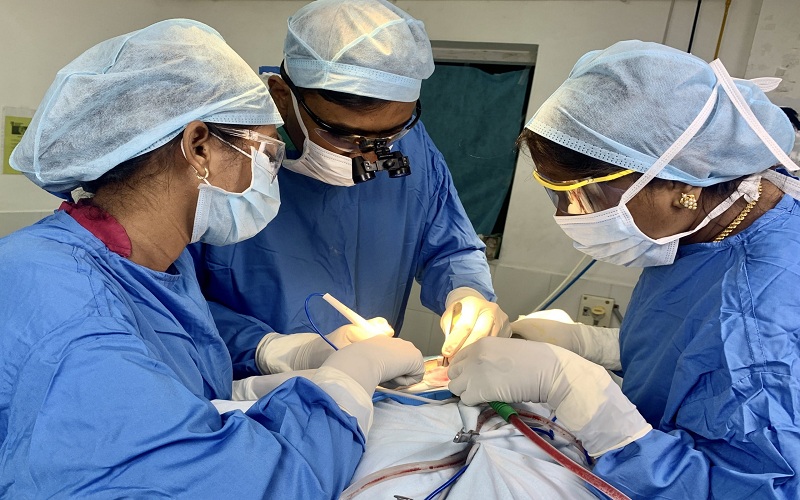Imagine a day when bending down to tie your shoelaces feels like climbing Mount Everest. Picture the sharp, piercing, relentless neck pain that wouldn’t leave your side. Welcome to the world of someone suffering from what we term as neck pain Henderson. Now, you might be considering orthopedic surgery, and that’s why you’ve found your way to this blog. I’m here to dissect the risks and complications related to this procedure. We’ll explore this journey together, understanding every twist and turn. Let’s start by shedding light on some pertinent points about orthopedic surgery.
Risks associated with Orthopedic Surgery
It’s essential to comprehend that every surgical procedure has its risks. Orthopedic surgery is no different. Here are the three primary risks you need to be aware of:
- Infection: This is a common concern following any surgery. The surgical site might become infected, requiring additional treatment.
- Blood clots: Your body may react to the surgery by forming blood clots in your veins. This is particularly true for hip and knee surgeries.
- Nerve damage: During the operation, there’s a chance your nerves might be damaged. It can lead to numbness or even paralysis in extreme cases.
Potential Complications
Complications are unexpected problems that arise during or after the surgery. Here are the three most common complications:
- Pain: While surgery aims to reduce pain, sometimes the procedure itself could result in persistent pain.
- Stiffness: After surgery, particularly joint surgery, you might experience stiffness in the operated area.
- Implant failure: If your surgery involves an implant, there’s a risk the implant might not function as expected or could break down over time.
Reducing the Risks and Complications
Not all hope is lost. There are ways to mitigate these risks and complications:
- Follow your doctor’s advice: This includes pre-surgery preparations, post-surgery care, and recommended exercises.
- Keep a healthy lifestyle: Regular exercise, a balanced diet, and avoiding smoking can significantly increase your chances of a successful surgery.
- Report any issues: Post-surgery, if you notice any signs of infection, increased pain, or anything unusual, report to your doctor immediately.
Orthopedic surgery is a major decision, but with the right knowledge and preparation, the journey can become less daunting. Remember, it’s a step towards a potentially pain-free life. Make sure to weigh the risks against the benefits and discuss any concerns with your doctor.
